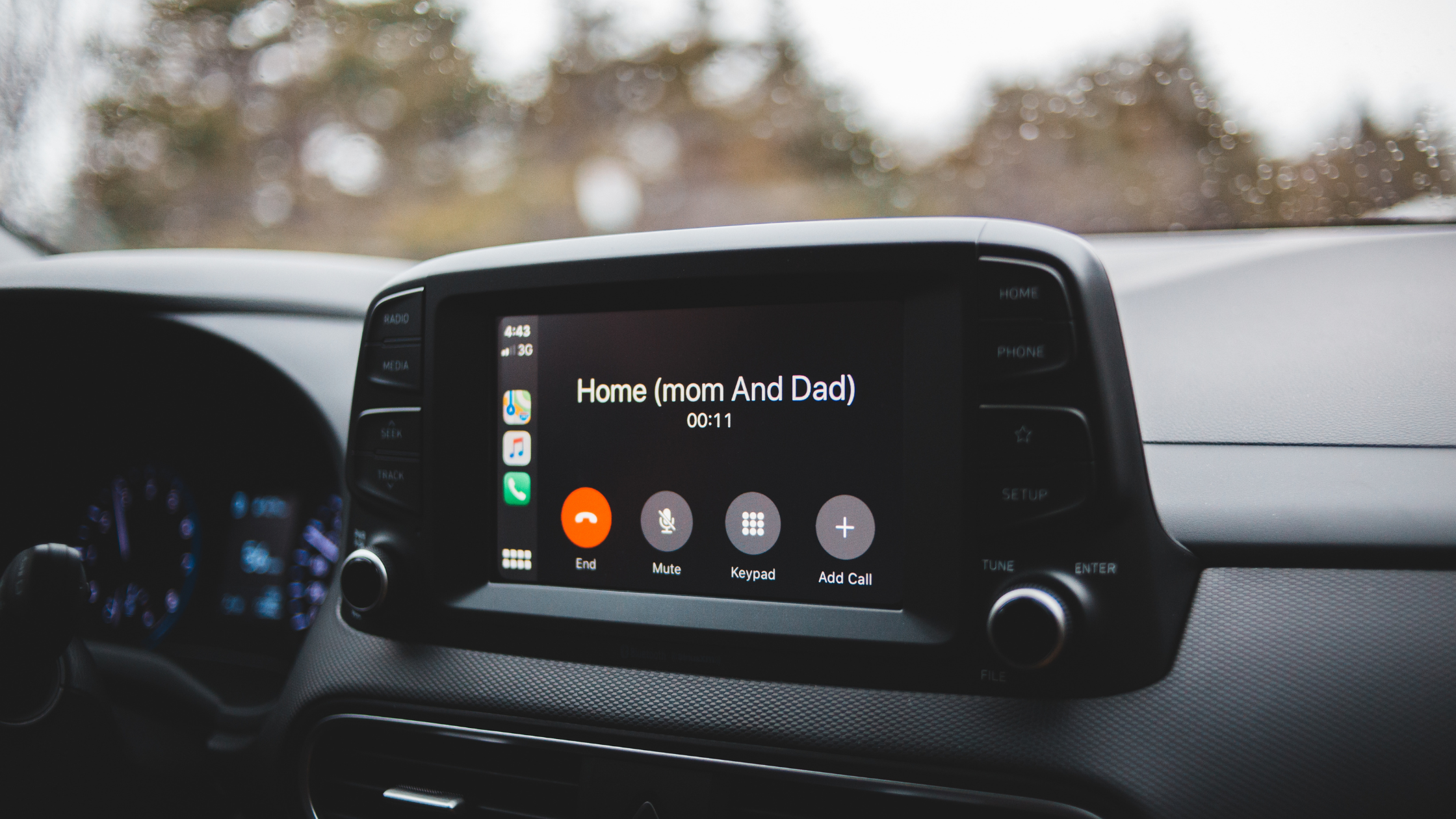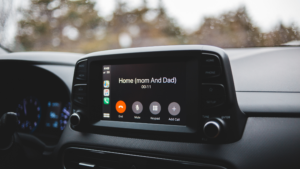In an era where vehicles are becoming increasingly intelligent and interconnected, the automotive aftermarket industry finds itself at a critical juncture. The concept of connected car security has rapidly evolved from a niche concern to a central issue that demands immediate attention from all stakeholders in the automotive ecosystem. As vehicles transform into sophisticated mobile computing platforms, the need for robust cybersecurity measures has never been more pressing.
The Connected Car Revolution
The modern vehicle is no longer just a means of transportation; it's a rolling data center on wheels. From advanced infotainment systems to over-the-air updates and autonomous driving features, connected cars are reshaping the automotive landscape. However, this connectivity also opens up new avenues for potential cyber threats, making security a top priority for manufacturers and aftermarket suppliers alike.
Understanding the Risks
The risks associated with inadequate connected car security are multifaceted and potentially severe. Cybercriminals could potentially:
- Gain unauthorized access to vehicle systems
- Manipulate critical safety features
- Steal sensitive personal and financial data
- Remotely control vehicle functions
These scenarios are not merely theoretical. In recent years, we've witnessed several high-profile demonstrations of vehicle hacking, underscoring the urgency of addressing connected car security vulnerabilities.
The Aftermarket Challenge
While OEMs are investing heavily in connected car security, the aftermarket sector faces unique challenges. Aftermarket parts and systems must seamlessly integrate with existing vehicle networks without compromising security. This requires a deep understanding of both automotive engineering and cybersecurity principles.
Key Areas of Concern for Aftermarket Suppliers
- Telematics Devices: Aftermarket telematics units that plug into the OBD-II port can potentially serve as entry points for hackers if not properly secured.
- Infotainment Systems: Replacement or upgraded infotainment systems must be designed with robust security features to prevent unauthorized access.
- Performance Tuning Devices: Electronic control unit (ECU) tuners and similar devices interact directly with vehicle systems, necessitating stringent security measures.
- Mobile Apps: Many aftermarket products now come with companion mobile apps, which must be developed with security in mind to protect both the app and the vehicle.
- Wireless Accessories: From Bluetooth-enabled diagnostic tools to Wi-Fi hotspots, wireless accessories introduce additional attack surfaces that need to be secured.
Best Practices for Connected Car Security in the Aftermarket
To address these challenges, aftermarket suppliers should adopt a comprehensive approach to connected car security:
1. Secure by Design
Incorporate security considerations from the earliest stages of product development. This includes:
- Conducting threat modeling to identify potential vulnerabilities
- Implementing encryption for data storage and transmission
- Using secure coding practices to minimize software vulnerabilities
- Designing with the principle of least privilege to limit potential damage from breaches
2. Regular Security Audits and Testing
Continuously assess the security of your products through:
- Penetration testing to identify weaknesses
- Code reviews to catch security flaws
- Vulnerability scanning to detect known issues
- Simulated attacks to test real-world scenarios
3. Over-the-Air Update Capabilities
Ensure your products can receive security updates remotely to address emerging threats quickly. However, it's crucial to secure the update process itself to prevent it from becoming an attack vector.
4. Collaboration and Information Sharing
Participate in industry forums and information-sharing initiatives to stay informed about the latest connected car security threats and best practices.
5. User Education
Provide clear guidelines and educational resources to end-users about the importance of connected car security and how to use your products safely.
6. Compliance with Industry Standards
Stay abreast of and comply with emerging standards and regulations related to connected car security, such as the UN Regulation No. 155 on Cyber Security and Cyber Security Management Systems.
The Role of Managed Service Providers in Connected Car Security
Managed Service Providers (MSPs) play a crucial role in supporting aftermarket suppliers in their security efforts. MSPs can offer:
- Expertise: Access to cybersecurity professionals with specific knowledge of automotive systems and threats.
- Compliance Support: Assistance in navigating the complex landscape of cybersecurity regulations and standards.
- Incident Response: Rapid response capabilities in the event of a security breach or vulnerability discovery.
- Training: Cybersecurity awareness training for staff to build a security-conscious culture.
Looking Ahead: The Future of Connected Car Security
As vehicle connectivity continues to advance, the importance of robust connected car security measures will only grow. Emerging technologies like 5G networks and edge computing promise to bring new capabilities to connected vehicles, but they also introduce new security challenges that the aftermarket industry must be prepared to address.
Artificial Intelligence (AI) and Machine Learning (ML) are set to play an increasingly important role in connected car security. These technologies can help detect anomalies and potential threats in real-time, allowing for more proactive security measures.
Additionally, the concept of "zero trust" architecture is gaining traction in the world of connected car security. This approach assumes no implicit trust in any component of the vehicle's network, requiring continuous verification for all access attempts.
Conclusion
The connected car revolution presents both opportunities and challenges for the automotive aftermarket industry. By prioritizing security and adopting a proactive approach to cybersecurity, aftermarket suppliers can position themselves as trusted partners in the evolving automotive ecosystem.
As vehicles become more connected and autonomous, the line between cybersecurity and physical safety becomes increasingly blurred. Aftermarket suppliers who can demonstrate a commitment to robust connected car security practices will not only protect their customers but also gain a significant competitive advantage in a rapidly changing market.
The road ahead may be challenging, but with the right approach to connected car security, the automotive aftermarket industry can play a pivotal role in shaping a safer, more secure future for connected vehicles.




You must be logged in to post a comment.